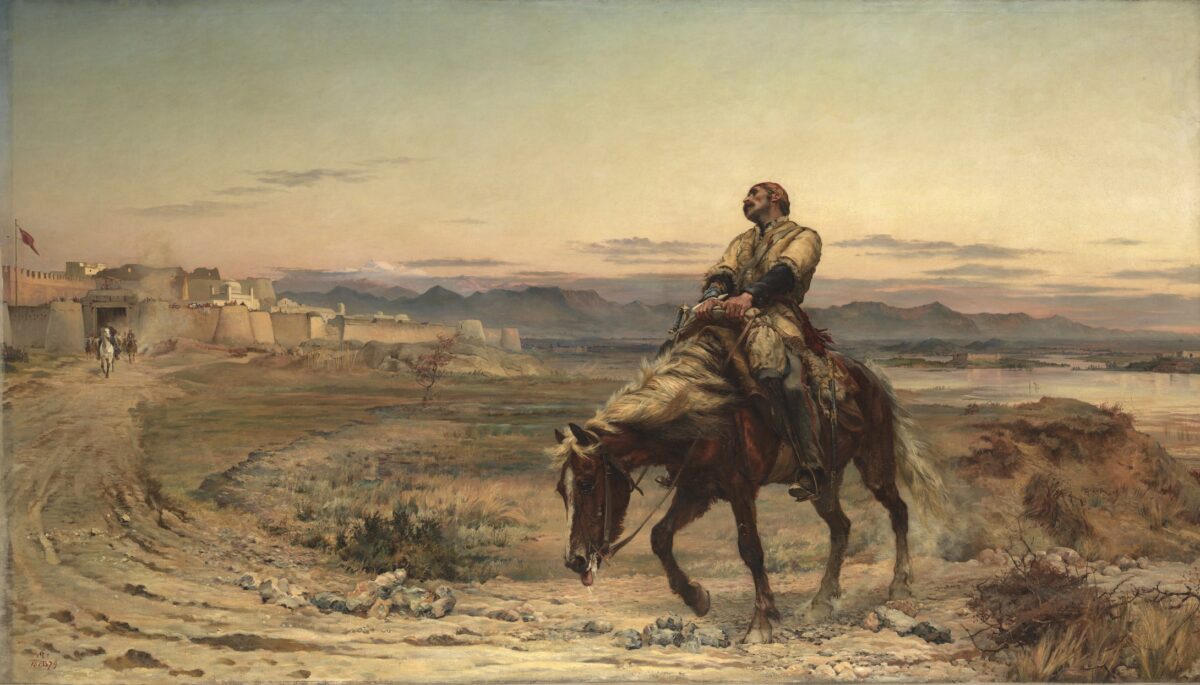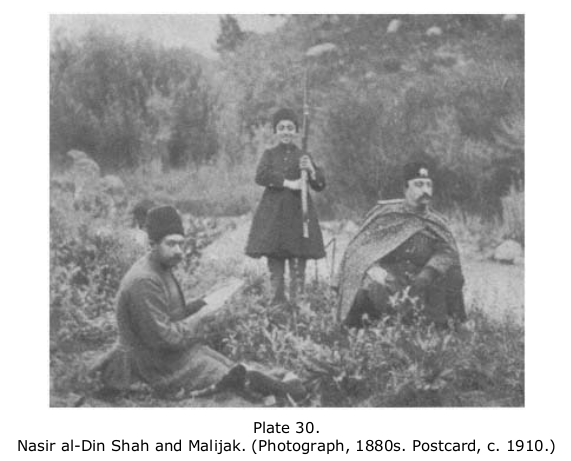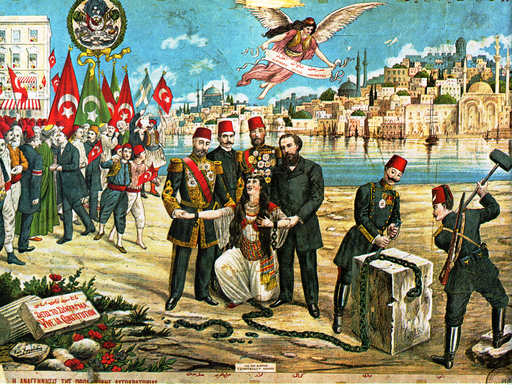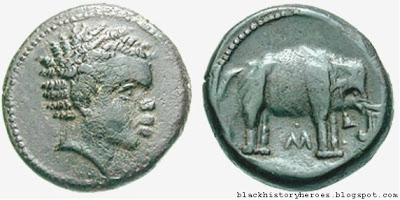Video version of the special broadcast on the War in Palestine. Recorded on Day 7 (May 17th) of the attack, with Jon Elmer, Nora Barrows Friedman, Tarek Loubani, and Justin Podur.
Special Broadcast: War in Palestine 2021
Recorded on Day 7 of the war in Palestine, this roundtable brings together decades of experience working in Palestine. Nora Barrows-Friedman is an editor at the Electronic Intifada, Jon Elmer is a journalist who lived for years in Gaza, Justin Podur is the author of Siegebreakers, and Tarek Loubani is an emergency room doctor, often at Shifa, Gaza’s main hospital.
This broadcast is a co-production of The Brief Podcast and The Anti-Empire Project. Production by Pierre Loiselle and music by Greg Wilson.
Episode: War in Palestine (special broadcast)
Date: 17 May 2021 | Length: 60:17
Civilizations 36a: Islam & Imperialism pt3 – The First Anglo Afghan War aka the Invasion of Afghanistan
The British imperialists made much of the bad experiences they had invading and pillaging Afghanistan beginning in 1839, coining terms like the “Graveyard of Empires” and inspiring racist poets like Kipling. We tell the story straight – a bloody imperialist aggression designed to set back Afghan society. Still, the story has some unforgettable characters – from Shah Shuja to Dost Mohamed, from McNaghten and Burnes to Mohan Lal Kashmiri. The crimes, the atrocities, the massacres, the racism and the foolishness of the imperialists and the calculations on the Afghan side, in this long instalment in the Islam & Imperialism series of Civilizations. This is a long one, and we didn’t quite get to the end of the first war!
AEP 83: Update on #ColombiaResiste with Manuel Rozental
An urgent update on the massive protests in Colombia andAn urgent update on the massive protests in Colombia and the criminal response by the regime, which has massacred dozens of protesters and disappeared hundreds of people.
Nonetheless, protesters have returned to the streets day after day in spite of every attempt to terrorize them into silence. Why are they protesting? Who called the protest? Where are things at now? Frequent guest, sometimes host, Manuel Rozental joins me from Colombia to talk about it. the criminal response by the regime, which has massacred dozens of protests, disappeared hundreds, who have nonetheless returned to the streets day after day. Why are they protesting? Who called the protest? Where are things at now? Frequent guest, sometimes host, Manuel Rozental joins me from Colombia to talk about it.
AEP 82: A briefing on India’s COVID crisis
A briefing about India’s COVID-19 crisis – its immediate causes in the premature declaration of victory, and its longer-term causes in the privatized and underfunded health system and the global system of vaccination production and distribution for private profit.
Civilizations 35: Islam and Imperialism pt2 – Persia’s wars with Russia
Part 2 of our series on Islam and Imperialism in the 19th century: the Persian Empire’s struggles with the imperialists. In this period Persia was dominated by the Qajjars. We talk about their rise, the multiple wars with Russia, the attempts to modernize, the unequal treaties. We tell the story of Griboyedev’s demise from both sides, and talk about one of the biggest Victorian famines you never heard about – the Persian famine of 1869-1872.
AEP 81: The Loss of Hindustan – with Manan Ahmed and Sina Rahmani
A podcast event! I teamed up with a co-host, Sina Rahmani of The East is a Podcast, to interview Manan Ahmed, author of The Loss of Hindustan – The Invention of India. The interview is about history, identity, imperialism – the usual! – but all centered on the concept of Hindustan and the way history is written and conceived. This is only half! For part 2 of the interview, you’ll have to go to The East is a Podcast!
Civilizations 34: Islam & Imperialism pt1 – The Ottoman Empire and “decline”
For however long the construct of “Modern Western Civilization” has existed, its Eastern foil has been the Ottoman Empire. And for as long as we’ve been taught the glories of the West, we’ve been taught about Ottoman “decline”. We talk about the Ottoman Empire, show that the history is a little bit more complicated than a story of “decline”, and focus on the elite’s struggles to reform and modernize in the face of the growing ambitions of Western imperialists.
Civilizations 33c: How Racists rewrote History and Literature
Justin reads the Afrocentrists and makes a pitch; David hangs on to the universalist perspective, as we talk about all the racist rewriting of history, the famous racist literature of imperialism, and the stunningly racist statements by public figures of the 19th century, from Kipling to Roosevelt and more.
Episode 46 of In the Context of Empire
I was a guest on the fantastic podcast, In the Context of Empire, where I spoke with co-host Matt McKenna about lots of things, but mainly about how imperialist propaganda works.




